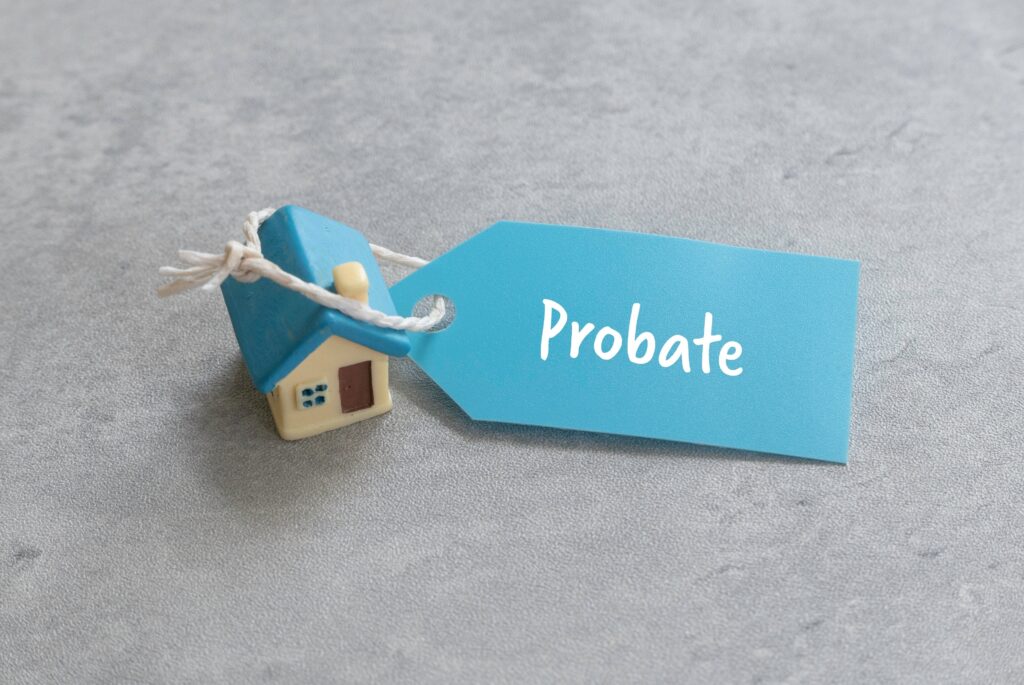Understanding the Role of Executors in Probate
The executor plays a critical role in the probate process, responsible for managing the deceased's estate according to the will's directives. This includes gathering assets, paying debts, and distributing the remaining property to beneficiaries.
Executors must be diligent in their duties, as they can be held legally accountable for any mismanagement. For instance, failing to notify creditors or improperly distributing assets can lead to legal disputes and potential personal liability.
How to Contest a Will: Step-by-Step Guide
Contesting a will involves a legal challenge to its validity, typically based on claims of undue influence, lack of capacity, or improper execution. Understanding the steps involved can empower individuals seeking to protect their rights and interests in estate matters.
The process generally starts with filing a petition in probate court, alongside necessary documentation supporting the challenge. It often includes gathering evidence, such as witness statements and medical records, to substantiate claims against the will's legitimacy.
Common Myths About Contesting Wills
There are several misconceptions surrounding the process of contesting wills that can mislead individuals. One common myth is that only disinherited heirs can contest a will, while in reality, any interested party may have standing to challenge its validity.
Another myth is that contesting a will guarantees a successful outcome. In truth, the process can be lengthy and costly, with no assurance of victory. Understanding these myths can help individuals make informed decisions regarding their legal options.
The Importance of Estate Planning to Avoid Probate Issues
Effective estate planning is essential for minimizing the likelihood of probate disputes and ensuring that a person's wishes are honored after their death. By proactively addressing potential issues, individuals can streamline the distribution of their assets and reduce family conflicts.
Incorporating tools such as trusts, living wills, and detailed beneficiary designations can significantly enhance the clarity of one's estate plan. For instance, a revocable trust can help avoid probate altogether, allowing for a smoother transition of assets to heirs without court involvement.

